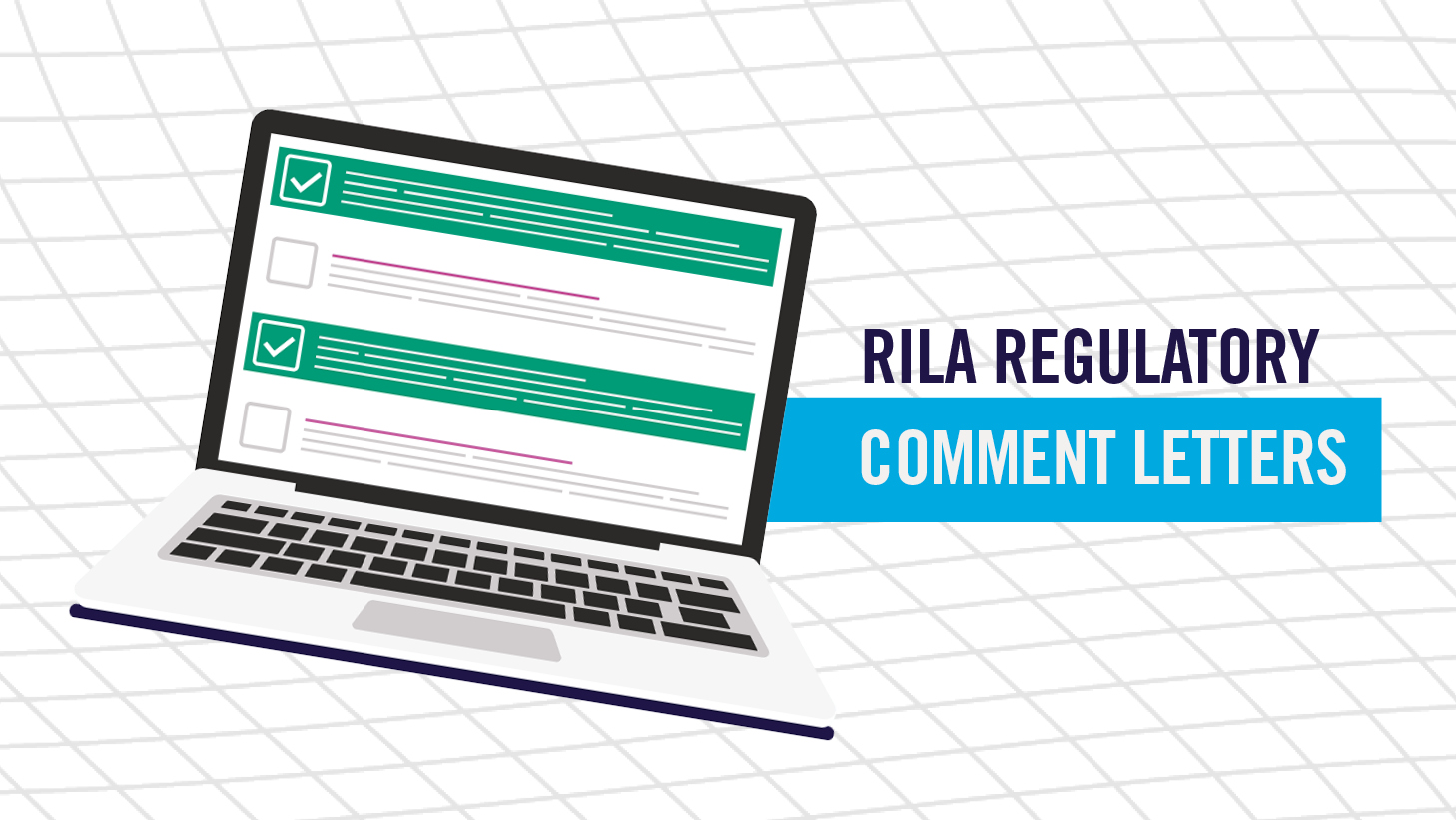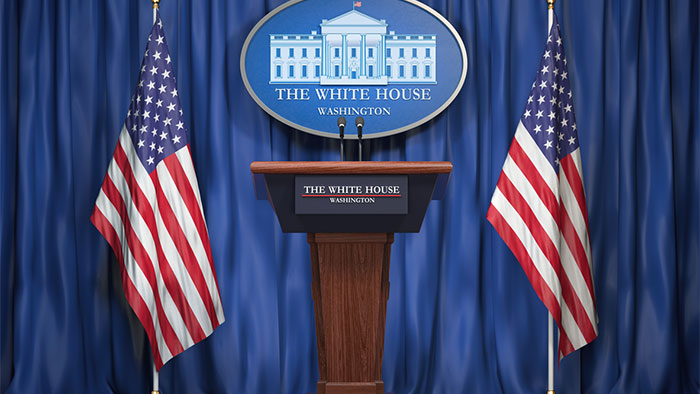Looking Ahead: Tax Policy Outlook in 2025
Tracking the election impact on retail policy priorities
- By [ Courtney Titus Brooks ]
- 11/25/2024

Leading retailers maintain an enormous physical and operational footprint and any changes to the tax code will affect retailers. Since 2017, RILA has achieved considerable wins in major tax legislation passed under both Democratic and Republican majorities. In previous Congresses, the 21% corporate rate was lowered and preserved, and the Corporate Alternative Minimum Tax (CAMT) was enacted requiring companies that paid little or no corporate income taxes and earning over a billion dollars annually to pay a minimum of 15% in federal taxes.
The next Congress is expected to consider several tax policy changes since the Tax Cuts and Jobs Act (TCJA) of 2017 is scheduled to expire after 2025. It is estimated to cost over $4.6 trillion to extend these tax provisions, which puts pressure on Congress to find revenue raisers. The 119th Congress will review various tax policies, which may include increasing the 21 percent corporate rate and increased tariffs, to pay for TCJA extensions.
Election Impact
With Republicans winning control of the White House and Congress, it is a certainty the TCJA provisions will be extended; however, it is not entirely clear if or how they plan to offset the expiring provisions.
Republicans’ views run the gamut on the corporate rate from lowering the rate even further to 15 percent to increasing the rate a point or two. Some Republicans who would like to raise the rate are concerned with the U.S.’s fiscal outlook and sizable debt burden. Other Republicans represent the strengthening thread of populism growing in both chambers who feel “woke” corporations should pay more in taxes. However, it is unlikely they will raise the corporate rate or repeal CAMT given the cost of repeal and the politics of rewarding corporations that pay little or no corporate tax. President-elect Trump combines both the bullish Republicans on lowering the rate and the populist Republicans by arguing the lowered corporate rate can be offset by a new tariff regime. President-elect Trump has unfortunately floated the idea of offsetting the cost of extending the TCJA and some of his new tax proposals by levying significant new tariffs on all types of products from every country for revenue. RILA will advocate vigorously against this. More details on tariffs and trade can be found in the Trade section.
Complicating the already full tax policy landscape, President-elect Trump has shared support for several tax ideas, like exempting tips and Social Security payments from taxes. Congress will need to grapple with balancing current tax expirations and President-elect Trump’s campaign trail tax promises.
RILA Position
RILA emphasizes the importance of a competitive corporate tax rate, while also pressing for fairness to ensure all profitable corporations contribute. The current 21 percent corporate rate encourages continued investment in communities across the country. The current rate has allowed retailers to maintain and open new stores and distribution centers, provide new jobs, expand benefits to working families, and create new opportunities for small businesses. Looking ahead, RILA will continue to educate members of Congress on how retailers’ sizeable footprints help communities, employees, small businesses, and working families, and how raising the corporate rate, instituting a new tariff regime on consumer goods to pay for other tax policies or repealing CAMT could adversely affect their ability to continue investing in employees and the communities they serve.
Heading into the new year, RILA will continue to advocate for fair tax policy which allows retailers to continue investing in their communities and we will keep members informed of tax policy developments of consequence. For more information about RILA’s advocacy efforts around this issue, please reach out to RILA VP of Tax Courtney Titus Brooks.
Want more election insights? Dive into our policy outlooks on more retail focus areas below.
• Payments
• Workforce (coming soon)
• Privacy & AI (coming soon)
• Trade (coming soon)
• Supply Chain and Transportation & Infrastructure
• Organized Retail Crime (coming soon)
Tags
-
Public Policy
-
Supporting Free Markets and Fostering Innovation
-
Tax






